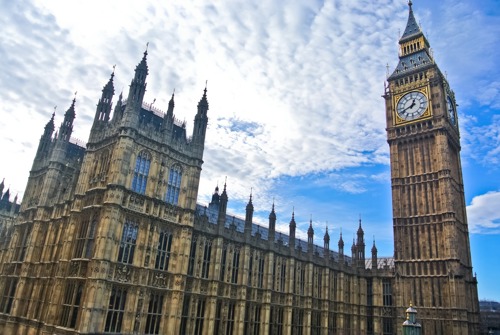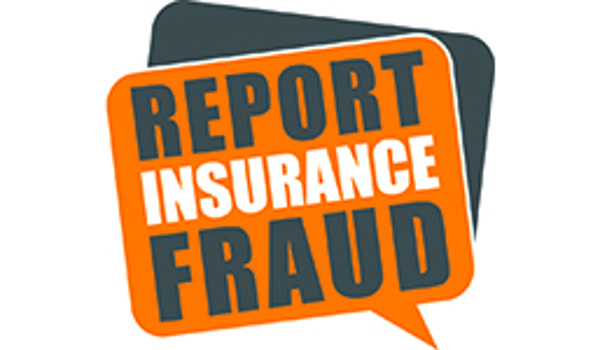The Insurance Fraud Bureau backs calls for Government to include online advertising in Online Safety Bill

The Insurance Fraud Bureau (IFB) is backing calls led today by a coalition of consumer groups, charities and financial services industry bodies, including the Association of British Insurers (ABI), Which? UK Finance, Martin Lewis and MoneySavingExpert, the Personal Investment Management and Financial Advice Association (PIMFA), the Investment Association, and the Money and Mental Health Policy Institute - for the Government to include paid for online adverts in the Online Safety Bill ahead of it being presented for pre-legislative scrutiny.
The IFB shares the industry’s view that the currently proposed legislation for the Online Safety Bill does not go far enough in tackling online fraud. Whilst the IFB welcomes the bill’s inclusion of fraud which is carried out through user-generated content and fake profiles on social media, the exclusion of online advertisements will sadly continue providing opportunities for fraudsters.
Ben Fletcher, Director at the IFB, said:
“We’re backing the industry’s calls for the Government to include online advertising in the Online Safety Bill. There is increasing evidence that dodgy claims management firms are using search engine ad results to misrepresent insurers and hi-jack claims, which can leave vulnerable road traffic victims significantly out of pocket and facing threatening calls. We urge ministers to reconsider their plans for the Online Safety Bill as the inclusion of online advertising can help to protect countless insurance consumers from the devastating impact of fraud."
The IFB which is a non-profit organisation at the heart of the UK’s fight against organised insurance fraud, is finding fraudsters mispresenting insurers via paid ads such as Google Ads on a daily basis.
Misleading click-to-call ad results are often discovered by road traffic victims who are using search engines to find their insurer’s contact details for urgent support services or to make a claim after an accident.
The ad results – paid for by dodgy claims management firms – appear to represent the insurer, which tricks the victim into tapping the ad and calling through. Under the belief they are speaking to their insurer, the victim will be unwittingly signing up to a string of third party services which can potentially leave them thousands of pounds out of pocket and facing non-stop threatening phone calls.
The IFB has six active investigations into insurance ad fraud networks and is warning the public to be vigilant to the scam.
- Be cautious when using a search engine to find insurer contact details before clicking on ad results. Always check the website address or URL to help ensure it’s legitimate.
- Motorists should carry their insurer’s claims contact number (which can often be found on policy documentation), and keep it noted in their car or saved on their phone.
- If someone thinks they have seen or been victim of an insurance ad scam, it’s important to make the affected insurer aware so they can take steps to address the issue.
- Insurance fraud should also be reported to the IFB via its confidential CheatLine service (powered by Crimestoppers) on 0800 422 0421 or at www.insurancefraudbureau.org.


